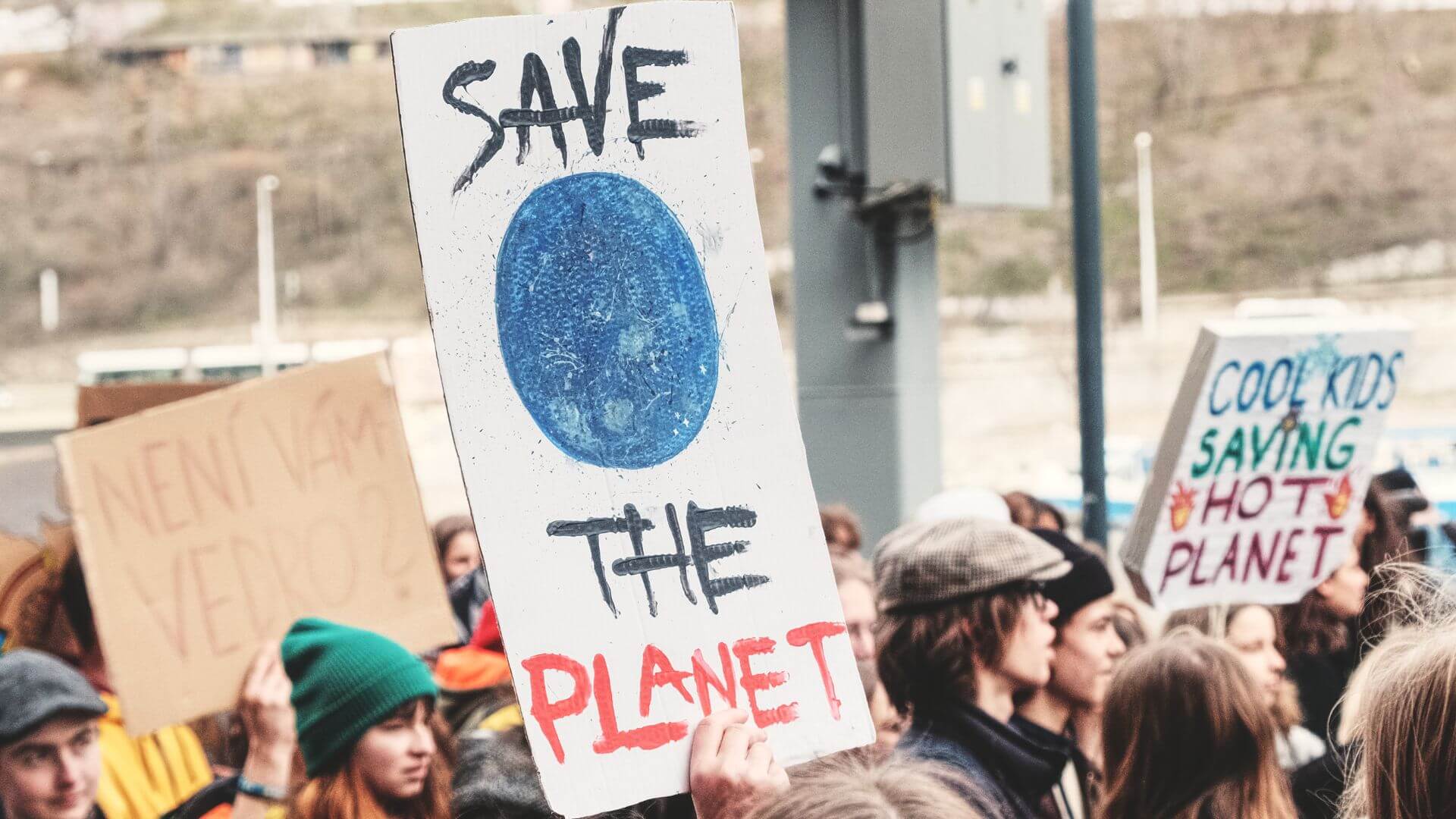Biography
Isabel Cavelier Adarve is a Colombian writer, changemaker, and former diplomat with a long track record on sustainable development, climate change, and social justice. She began her career as a researcher, university professor, and consultant to UN agencies, focusing on human rights, justice, and racial and gender discrimination.
For more than six years, she served in different roles within Colombia’s Ministry of Foreign Affairs, including as part of the country’s delegation to the United Nations Framework Convention on Climate Change (UNFCCC), participating in negotiations that would culminate in the Paris Agreement in 2015. She also contributed to Colombia’s highly influential proposal for the Sustainable Development Goals (SDGs).
Together with like-minded women negotiators, she helped create the Independent Alliance of Latin America and the Caribbean (AILAC), which put Latin American countries at the forefront of climate ambition in the lead-up to the Paris Agreement. After the passage of the landmark accord, Isabel served as a lead negotiator on the New Urban Agenda, representing both Colombia and the Group of 77 (G77) bloc of developing countries.
In 2017, Isabel co-founded Transforma, a prominent Bogotá-based environmental think tank and served as its director of vision. She is part of the 2023 cohort of Skoll World Forum Fellows.
She holds degrees in law and socio-cultural studies from the University of the Andes and a master of law degree from the University of Cambridge.
Breakthrough Program
Isabel Cavelier Adarve was selected for the Climate Breakthrough Award program in 2022.
She proposes that environmental apathy and a lack of collaboration continue to hinder effective action against the planetary crisis. To address this challenge, she wants to catalyze a major shift in how people see the world around them by crafting stories and designing experiences that can help people tap into their creativity and work together to find solutions. By fostering a culture of care and collaboration, this strategy seeks to inspire more people to take action and that will go a long way in transforming our systems.
Colombia is a highly suitable starting point for this ambitious initiative. The country has ambitious climate goals, including a commitment to net zero emissions by 2050, but at the same time is also major fossil fuel exporter.
“People are alienated from nature and from one another, and this has led to unsustainable resource extraction, pollution, and destruction,” Isabel said. “Determining possible solutions thus requires an entirely new way of understanding ourselves as humans, interdependent with all of the Earth’s systems.”


